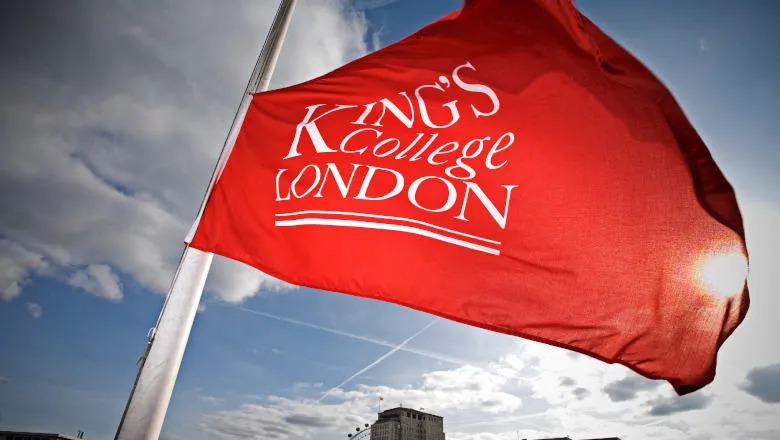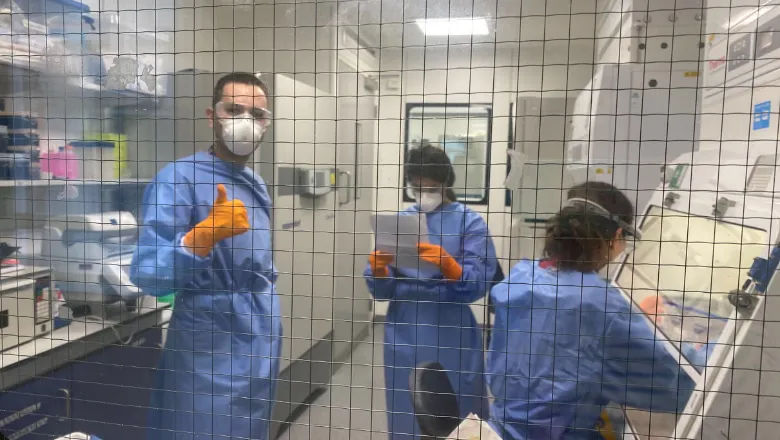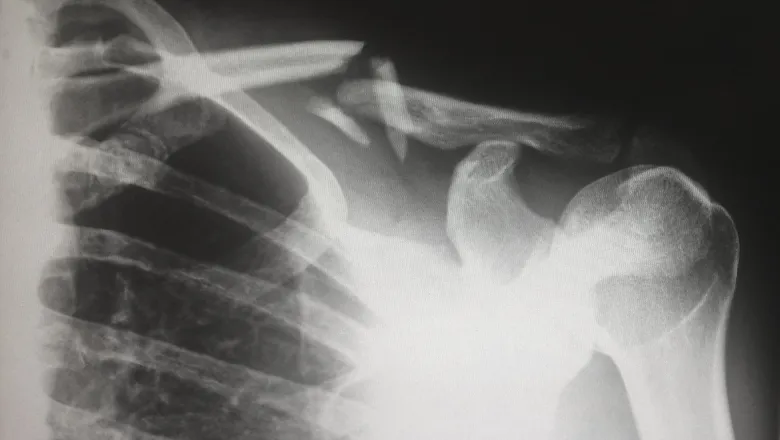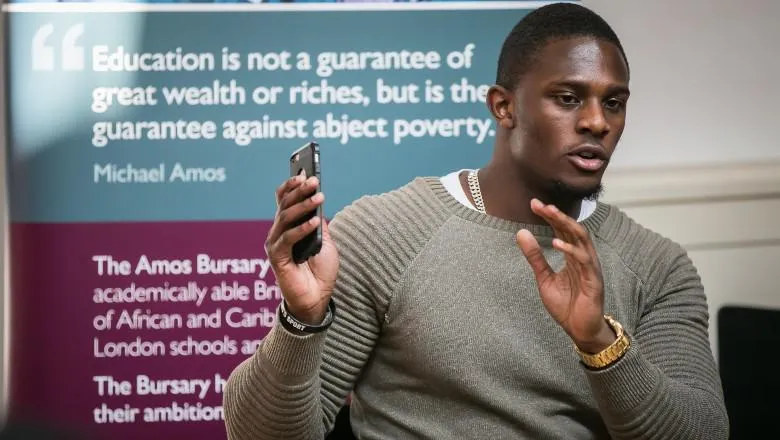14 December 2020
Look back at 2020: A Year in Review
This year, staff and students from King’s have dealt with unprecedented times.

The COVID-19 pandemic disrupted our lives, including how we worked, taught and studied. Across the Faculty, staff and students alike went the extra mile to meet the challenge. Here we celebrate our incredible successes and the staff and students who went above and beyond for our community.
The Faculty’s response to the COVID-19 pandemic:
As the COVID-19 pandemic spread across the world, many of our researchers joined in the national effort to understand the virus. Dr Rocio Martinez-Nunez led a testing facility in collaboration with Guy’s and St Thomas’ Hospitals to test for the novel coronavirus, SARS-CoV-2, and ease the burden on the NHS. Meanwhile, researchers from across the Faculty analysed the data from the COVID Symptom Study App to aid understanding of the virus, who was at risk and to identify symptoms. Analysis of the data revealed anosmia was a key symptom for COVID cases. A team effort among the Schools found one in 20 people with COVID-19 were likely to suffer symptoms for 8 weeks or more – now known as ‘long COVID’.
Researchers from King’s were essential in helping to identify groups most at risk of COVID-19. Data analysis of hospital admissions found patients of Black ethnicity had an increased risk of hospital admission for COVID-19, while patients of Asian ethnicity have an increased risk of dying in hospital. Research from the British Heart Foundation Centre also found the average age of a BAME patient hospitalised with COVID-19 is ten years younger than a white patient.

Pioneering research:
Researchers within our Faculty have continued to pioneer and lead the way for discovery across many different areas of science. In June, a team of researchers in the School of Cancer & Pharmaceutical Sciences successfully redesigned the genetic code of T cells to enable these cells to be trained to selectively attack cancerous tissues.
A month later, researchers from the same school identified a new broad-spectrum class of antibiotics that showed promising activity in fighting against a range of bacteria and pathogens previously
Meanwhile, in the School of Cardiovascular Medicine & Sciences, a new risk tool was developed for cardiac arrest patients which helps to predict brain damage in those who have had an out of hospital cardiac arrest. Similarly, a study funded by the BHF Centre, offered new insights into the mechanisms of heart failure, identifying the potential for novel therapeutic targets going forward.
Researchers in the School of Biomedical Engineering & Imaging have, for the first time, induced activity in the neonatal brain using advanced MRI scanning techniques and robotics. This sheds light on the potential for rehabilitating babies with injured brains with a variety of possible treatments.
Furthermore, towards the end of September, researchers within the School of Basic and Biomedical Sciences developed a new material that allows for the transplantation of bone-forming cells into severe bone fractures, and significantly speeds up the healing process. This new method may revolutionise how broken bones are treated.
Staff go above and beyond:
Many of our colleagues made tremendous contributions to keep our research and educational programmes going and many clinical staff were released to support the NHS and the critically ill. A special thanks to our professional services staff who worked hard to make this work possible.
Despite the challenges we faced this year, we received several significant grants in a broad range of research areas, from studying how cells use and resist force to new cancer trail treatments and AI programmes for the NHS.

Student successes in 2020:
Throughout the pandemic, many students have been eager to help prevent the spread of the virus, as well as support healthcare professionals risking their lives on the frontline. Some of our medical students have found themselves answering calls made to the NHS 111 service, whilst others have teamed together with other students across the nation to develop an initiative aimed at alleviating pressures on NHS staff with tasks such as babysitting and grocery shopping.
At an international level, Jade Robinson, a postgraduate student from the School of Population Health & Environmental Sciences, has been volunteering as a key worker in her home country of Bermuda, conducting nasopharyngeal swabs in the public to test for the prevalence of the virus.
Earlier in the year, we saw a wonderful, yet dramatic example of our students using their learning to help another human being in the most direct and beneficial of ways, when medical students, Safya Saleem and Hani Sheikh, saved a man’s life whilst walking home from a placement shift. The composure and competence shown by Hani and Safya in this moment of extreme pressure is to be highly commended.
Finally, we would like to recognise Jessica O’Logbon, who has received a national award for her dedication towards supporting our student community, and James Frater who was awarded a prestigious Princess Diana Award for his work on tackling racial inequality and widening access to university for those from African and Caribbean backgrounds.
Browse through more of our student achievements.

Related departments
- Faculty of Life Sciences & Medicine
- School of Life Course & Population Sciences
- School of Basic & Medical Biosciences
- School of Biomedical Engineering & Imaging Sciences
- School of Cancer & Pharmaceutical Sciences
- School of Cardiovascular and Metabolic Medicine & Sciences
- School of Immunology & Microbial Sciences
- British Heart Foundation Centre
- Centre for Gene Therapy & Regenerative Medicine
